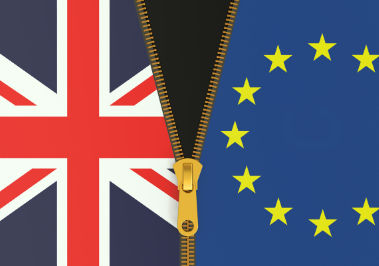
Children's Commissioners seek assurances for children's safety post-Brexit
The Northern Ireland Commissioner for Children & Young People today issued a joint letter, with…
NewsScroll down to find out more about this issue - including a summary for children and young people, background information including the relevant Children's Rights, how we are monitoring Government and our work in addressing the issue.
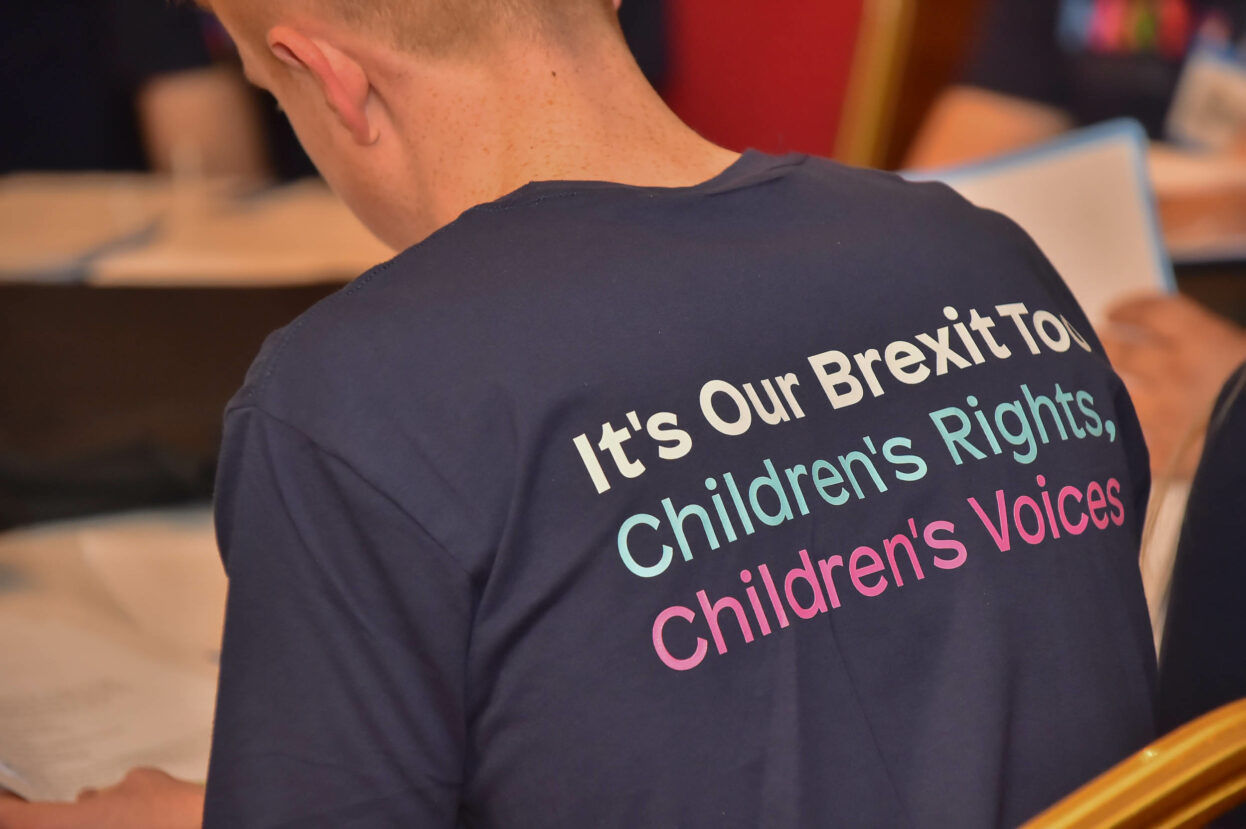
The UK has now withdrawn from the EU but there are still some things that need to be ironed out when it comes to Northern Ireland. NICCY is keen to make sure children and young people’s lives are not negatively affected by this decision. Children and young people have not been able to have a say in the decision to leave the EU so NICCY wanted to make sure their voices were heard by decision makers as they planned new ways of working together.
In 2017, NICCY and the Ombudsman for Children in Ireland worked with over 150 young people to produce a report which identifies the potential impact on children’s rights from leaving the EU. The report “Our Brexit Too: Children’s Rights, Children’s Voices”
NICCY continues to monitor how Brexit is impacting the economy and living standards in Northern Ireland, to make sure we don’t see the return of a hard border with Ireland, that all aspects of the Good Friday Agreement are protected and that cross border policing and security systems designed to protect children and young people are still in place.
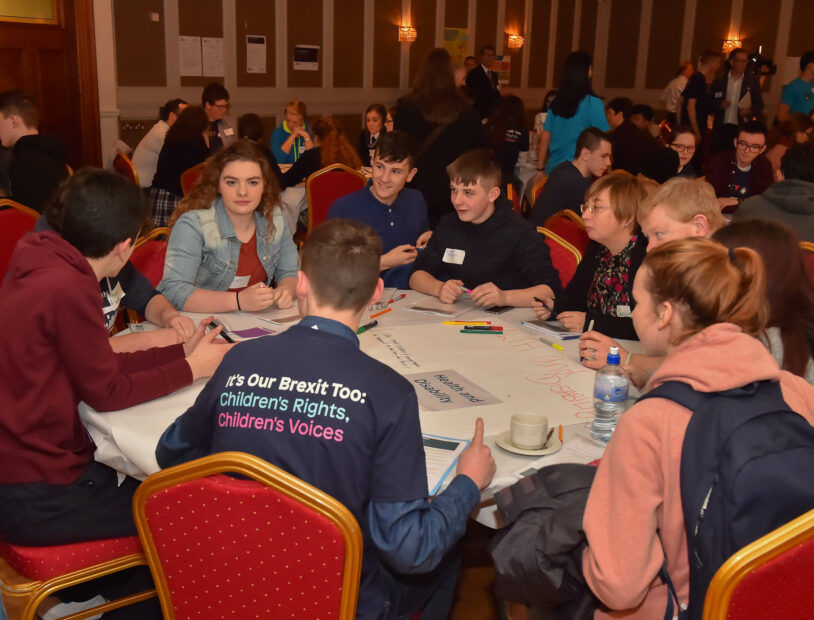
Northern Ireland voted to remain in the EU (as did Scotland) however, the overall UK vote was to leave. The UK Government has committed in Article 2(1) of the Protocol to the Withdrawal Agreement, to ‘non-diminution’ of rights and equality as set out in the Good Friday Agreement (GFA).
Since ‘Brexit’ these issues noted above have continued to focus attention added to which has been that of the environment, regulation and specifically the NI Protocol Article 2. NICCY’s concerns were further heightened in April 2021 when young people were involved in civil unrest in Belfast. Issues with the ‘NI Protocol’ are cited by one of our political parties as reason for not taking up their seats in the NI Assembly following the elections in May 2022.. Northern Ireland may face another election in late 2022 if the NI Assembly is not ‘in place’ by end October.
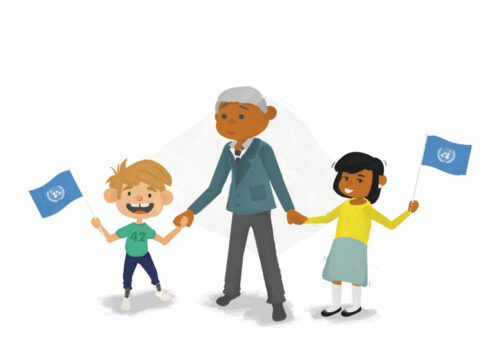 As set out in our legislation, all our work is underpinned by children’s rights, notably the UN Convention on the Rights of the Child, specifically here:
As set out in our legislation, all our work is underpinned by children’s rights, notably the UN Convention on the Rights of the Child, specifically here:
While it is not possible to ‘predict’ all relevant UNCRC Articles which may be engaged in relation to the range of areas affected by Brexit, below are some which relate to the areas raised in our Brexit Reports. The articles of ‘principles’ i.e. 2, 3, 6 and 12 ‘principles’ and:
Article 2 1. States Parties shall respect and ensure the rights set forth in the present Convention to each child within their jurisdiction without discrimination of any kind, irrespective of the child’s or his or her parent’s or legal guardian’s race, colour, sex, language, religion, political or other opinion, national, ethnic or social origin, property, disability, birth or other status.
Article 3 1. In all actions concerning children, whether undertaken by public or private social welfare institutions, courts of law, administrative authorities or legislative bodies, the best interests of the child shall be a primary consideration
Article 8 1. States Parties undertake to respect the right of the child to preserve his or her identity, including nationality, name and family relations as recognized by law without unlawful interference.
Article 10 1. In accordance with the obligation of States Parties under Article 9, paragraph 1, applications by a child or his or her parents to enter or leave a State Party for the purpose of family reunification shall be dealt with by States Parties in a positive, humane and expeditious manner. States Parties shall further ensure that the submission of such a request shall entail no adverse consequences for the applicants and for the members of their family.
Article 22 1. States Parties shall take appropriate measures to ensure that a child who is seeking refugee status or who is considered a refugee in accordance with applicable international or domestic law and procedures shall, whether unaccompanied or accompanied by his or her parents or by any other person, receive appropriate protection and humanitarian assistance in the enjoyment of applicable rights set forth in the present Convention and in other international human rights or humanitarian instruments to which the said States are Parties.
Article 27 1. States Parties recognize the right of every child to a standard of living adequate for the child’s physical, mental, spiritual, moral and social development.
Article 35 States Parties shall take all appropriate national, bilateral and multilateral measures to prevent the abduction of, the sale of or traffic in children for any purpose or in any form.
Article 36 States Parties shall protect the child against all other forms of exploitation prejudicial to any aspects of the child’s welfare.
The UNCRC Committee also called for this in its 2016 Concluding Observations i.e. for the UK State Party to:
‘Expedite bringing in line with the Convention its domestic legislation, at the national and devolved levels …., in order to ensure that the principles and provisions of the Convention are directly applicable and justiciable under domestic law;’ 7(a).
The ‘NI Protocol Bill’ brought forward at Westminster aims to unilaterally override parts of the protocol thereby breaching international law. Concerns have been raised by members of the UK’s House of Lords over what are referred to as ‘Henry VIII powers’ in that it will effectively allow Ministers to do as they want through amending primary legislation using secondary legislation.
NI’s ‘dedicated monitoring mechanism’ i.e. the NIHRC and ECNI, have recently issued their first annual report on the implementation of Protocol Article 2 specifically the commitment to ‘non-diminution of rights’ in which they have ‘already identified ways in which new laws risk undermining the rights, safeguards and equality protections’ set out therein and weakening the commitment to non-diminution of rights. The ‘NI Protocol Bill’ mentioned above – currently going through passage at Westminster is one example. NICCY maintains a watching brief on developments as they relate to the rights of children and young people.
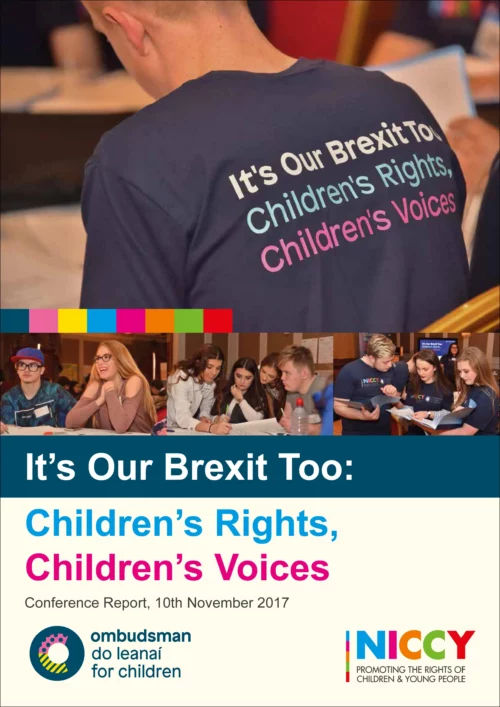 Their Report “Our Brexit Too: Children’s Rights, Children’s Voices” which included key calls endorsed by NICCY and OCO was shared with key duty bearers and decision makers in government in NI, at Westminster and the European Parliament.
Their Report “Our Brexit Too: Children’s Rights, Children’s Voices” which included key calls endorsed by NICCY and OCO was shared with key duty bearers and decision makers in government in NI, at Westminster and the European Parliament.
NICCY also issued 2 reports:
These addressed the key concerns in respect of children’s rights noted above. We have also engaged with EU’s Maros Sefcovic at a meeting on his visit to NI last year to highlight ongoing concerns. NICCY continues to maintain a ‘watching brief’ on developments.
You can find out more about our Brexit work here.

The Northern Ireland Commissioner for Children & Young People today issued a joint letter, with…
News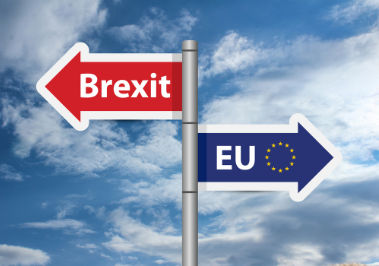
The paper sets out a number of areas where the UK Government can act to…
News
Today, young people from Northern Ireland will travel to Westminster to present a report on…
News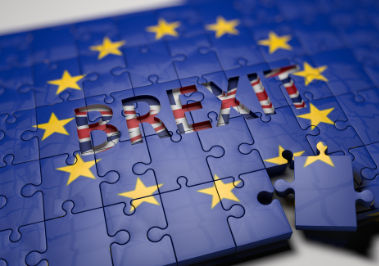
NICCY has published its UK WITHDRAWAL FROM THE EU - ‘BREXIT’ Implications for Children and…
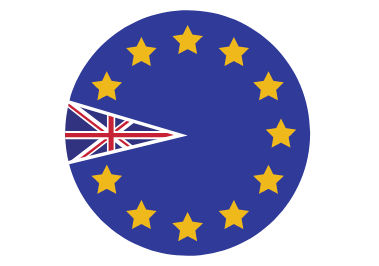
You can download this paper by clicking on the link below

Last week Article 50 of the Lisbon Treaty was triggered and on Thursday the “Great…
Commissioner's Blog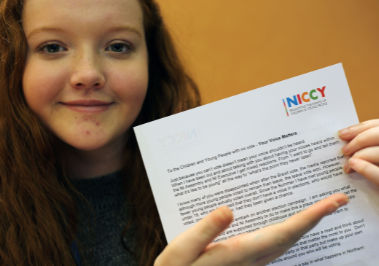
To the Children and Young People with no vote - Your Voice Matters
Commissioner's Blog